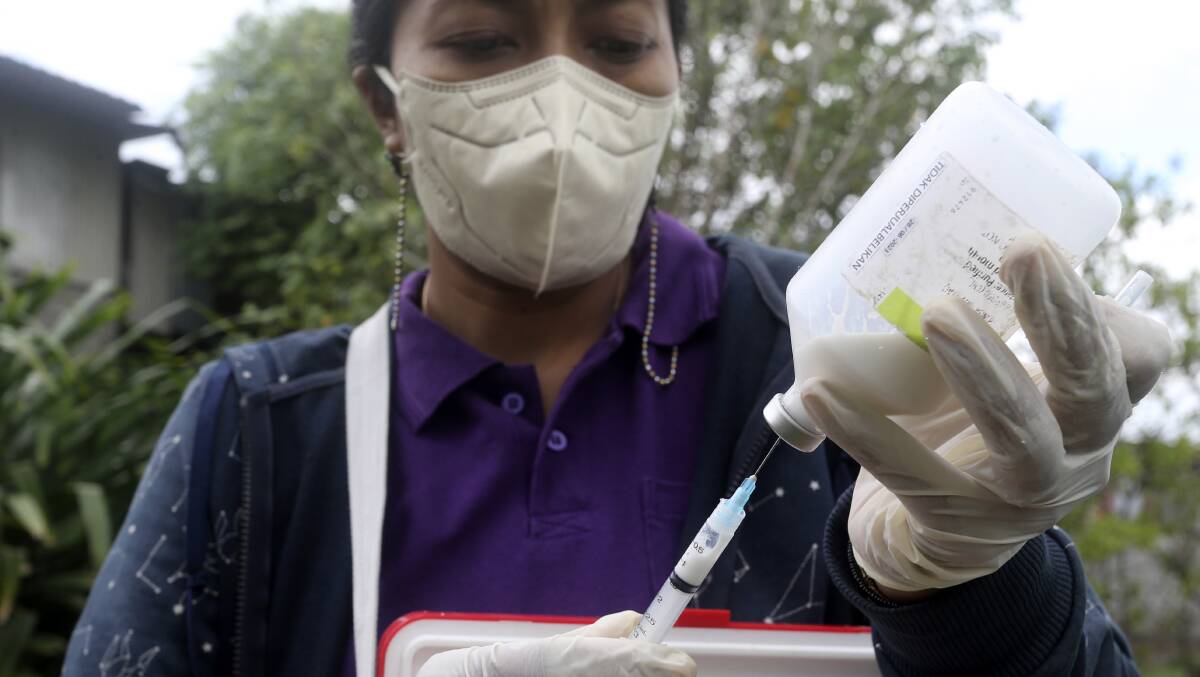The Australian Veterinary Association has called for more training as vets across the country stay on high alert to the risk of a Foot and Mouth Disease outbreak.
Association president Dr Bronwyn Orr said vets around country were prepared.
"We think it would be really great to have some additional training for private veterinarians, who are trained to respond to these things," she said.
"It's always good to have refreshers and we're doing these for producers.
"It would be great to focus on veterinarians ... so we're aware of what's happening, so when government needs us, we're ready to respond," she said.
"Now that foot and mouth disease has reached Indonesia, and particularly Bali where we have a lot of Australian tourists, the risk level has gone up."
Federal Agriculture Minister Murray Watt said new measures were "the strongest response to a biosecurity threat in Australian history".
"We believe the greater risk of FMD getting into Australia is via incorrectly or illegally labelled meat products from overseas," he said.
"We have now increased our surveillance of mail from Indonesia and China so that every parcel is screened and so we can identify any potential biosecurity risks.
"We will continue to put more measures in place, in line with expert biosecurity advice, to keep this disease out."
READ MORE:
Any health responses to exotic animal disease are outlined in the Ausnet Plan which is a government and industry manual.
"The idea behind it [is] we know pretty much what we would do prior to the disease getting here," Dr Orr said.
"Although it is just a guide... each state will respond to it and interpret it their way."

Vets are involved with keeping the Ausnet Plan up-to-date and making sure farmers and anyone who owned livestock has a biosecurity plan in place and the correct information about the disease.
"The vet profession is always ready to respond to an emergency animal disease outbreak," she said.
Dr Orr said the most important reason for keeping the disease out if Australia was because FMD would impact exports.
"If we got foot and mouth disease in Australia, almost all of our trading partners for those cloven-hoofed animals would pretty much shut up shop immediately," she said.
"The loss of market access for potentially months if not years would mean that it would cost the Australian economy billions of dollars."
"We would no longer be able to export so many of these products. Australia produces far more beef and lamb [than] we consume here because we export it," she said.
The Australian agriculture industry is valued at $80 billion.


